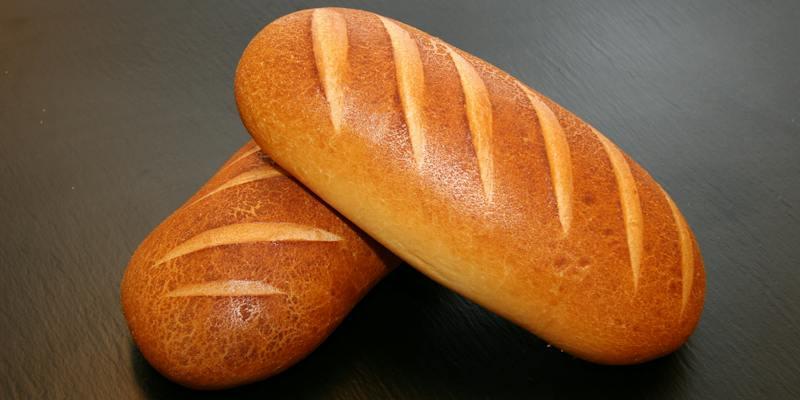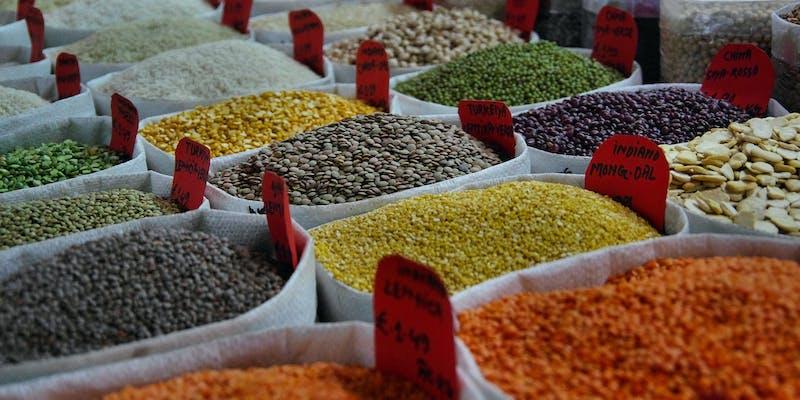Mixing Menace: 7 Foods and Drinks to Avoid Combining with Beer
Feb 03, 2024 By Nancy Miller
It is common to feel enticed to consume various fries and other snacks while attending a social gathering, particularly when accompanied by a few beers. Your body, however, may react negatively, even if your friends do not object. Acid reflux, bloating, and a severe hangover the day after consuming beer in combination with specific foods are all potential side effects. Avoid certain food and beer combinations to maintain a healthy balance and promote a pleasant atmosphere at the party.
The concurrent consumption of greasy foods and beer caused indigestion in fifty percent of adults, according to a 2019 study by the University of Michigan. Furthermore, according to research conducted in Spain in 2021, malnutrition exacerbated hangover symptoms by 60%. The diet one consumes is an equally significant factor in beer consumption. For instance, a burger's high-fat content can hinder the metabolism of beer and beer bread recipes, prolonging the effects of a hangover, even though it may appear to be a hearty option.
Salty Fried Foods with beer
Crispy, salty fries, when enjoyed with a cold beverage, could be an enticing temptation. When combined with beer, however, these snacks, which are high in sodium, pose a threat to digestive health. An upset stomach may result from the high sodium content of fried foods. Additional water loss occurs as a result of beer's diuretic properties. Such dehydration can frequently result in the consumption of an excessive amount of beer.
Make an effort to substitute unhealthy alternatives for salty, fried snacks. Choices that do not compromise hydration levels include sweet potato or taro chips that have been vacuum-fried, baked carrots, and sweet potato fries that have been lightly seasoned with salt.
Beer And Bread

Pizza and burgers are convenient and addictive, so people crave bread and beer. However, this combination may upset the digestive tract. With beer, your body absorbs nutrients less efficiently. Overeating yeasty beer and bread can cause nausea. This often causes bloating and GI issues.
Choose protein-rich and stomach-friendly snacks to circumvent these complications. Chili-baked chickpeas and chickpea kebabs may be consumed as viable alternatives. In addition to supplying vital nutrients, these promote digestive system equilibrium.
You must consider the health effects of the snacks like beer and bread or other beverages you select. While permitting you to enjoy your preferred beverages responsibly, selecting healthier alternatives can improve your health.
Chocolate and beer
One should exercise caution when considering the consumption of chocolate, particularly if one intends to consume a beverage when experiencing a sweet tooth. In addition to being enticing, sweet treats such as chocolate may prompt individuals to consume more beer drinks. One might inadvertently reach for a beer drink rather than sizing down one's thirst. In addition, chocolate contains caffeine and cocoa, which are recognized as digestive irritants.
To prevent gastrointestinal distress, health professionals rarely recommend combining chocolate and beer. Consider selecting healthier alternatives that provide equivalent satisfaction as chocolate rather than yielding to its allure. Choosing granola bars or bars dense in nuts and seeds is prudent. Moreover, they are less likely to induce an urge for beer and are nutritious.
Beans and Red Wine
Relaxing with red wine after a long day is natural. Most foods pair well with wine, but a few require special attention. Be careful when pouring wine over beans or lentils. Red wine's tannins can make it harder to absorb iron, especially non-heme iron from beans and lentils. Due to this interaction, iron-rich foods may not be as nutritious.
Consider combining your wine with alternative dishes that do not contain this ingredient conflict. Optimal selections may include roasted nuts, fresh salads, or basic flatbread. Dishes featuring roasted chicken or red meat not only complement red wine well but also elevate the gastronomic experience while maintaining iron absorption at a satisfactory level.
Citrus And beer
beer is well-known to impede digestion, frequently resulting in acid reflux and a general slowing of the process. Indulging in spicy foods or dishes prepared with marinara sauce accentuates this effect significantly. Heartburn and reflux issues may be substantially worsened by the acidic nature of citrus fruits, including grapefruits and tomatoes.
At least once per week, acid reflux affects approximately 20% of the American population, according to studies. Considerable weight is attributed to this statistic by the acidic nature of marinara sauce and specific fruits. Pizzas that do not contain tomato-based sauce should be considered if you want to order one. An indication of a preference shift that may be advantageous for individuals afflicted with acid reflux was unveiled in 2019 when 35% of respondents indicated a preference for white sauce or pesto accompanying their pizza.
It is recommended to consume food after consuming an intoxicating beverage to restore satiety and prevent dehydration. Because of their high water and fiber content, fruits are an excellent option. But in this particular context, not every fruit is created equal. One example of a highly suitable choice is bananas. Potassium content provides an effective counterbalance to the dehydrating properties exhibited by beer food.
A banana is one of the fruits with the highest potassium content, at approximately 422 milligrams. Consider incorporating banana chips into your diet instead of fresh bananas. Fresh bananas' nutritional benefits are preserved, and they are portable and convenient. Nonetheless, versions that are low in added sugars and fats should be preferred.
Mixing Beans/Lentils with beer

Beans, lentils and beer can cause severe gastrointestinal distress, which may not seem significant. Nutritionist Mistry says beans and lentils are iron-rich but hard to digest. Beer almost guarantees a digestive disaster. These foods may impair iron absorption when eaten with beer food. Beer's complex effects on digestion can cause gastrointestinal issues like reduced nutrient absorption, according to a 2018 University of Michigan study.
Caffeine and beer
Coffee and beer don't always make the best cocktail, despite their appeal. For Mistry, coffee's stimulating effects can mask beer's calming effects. You may drink more than you should because you won't know when you're drunk. Worse, the CDC warned in 2020 that this hypervigilance could increase drunk driving injuries. This dangerous combination tempts your brain into thinking you're sober, increasing the risk of overindulgence and its consequences.








